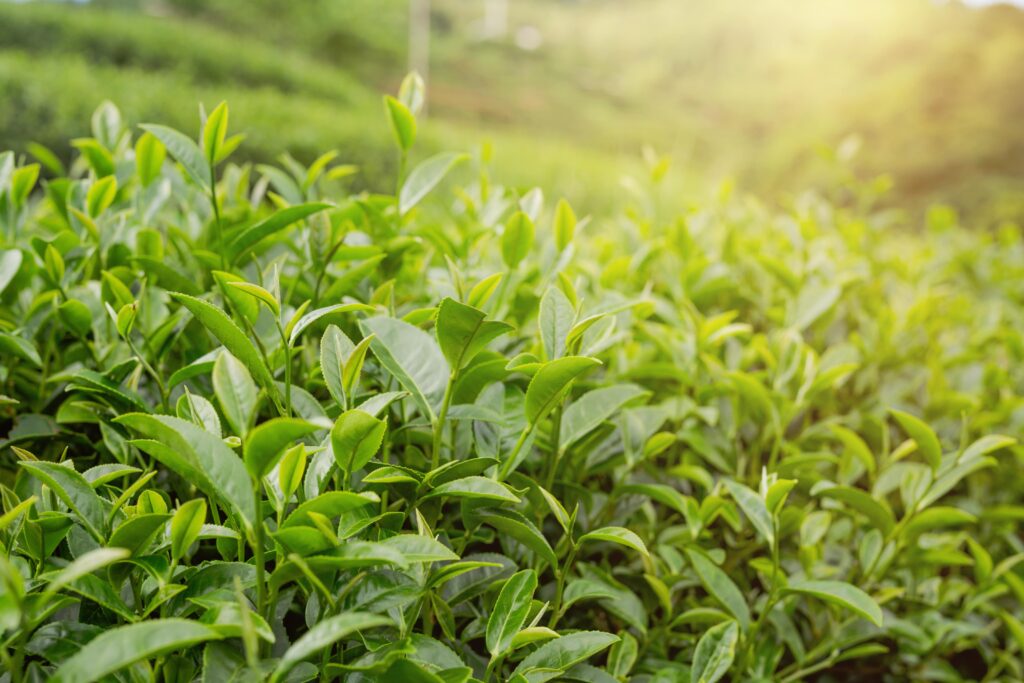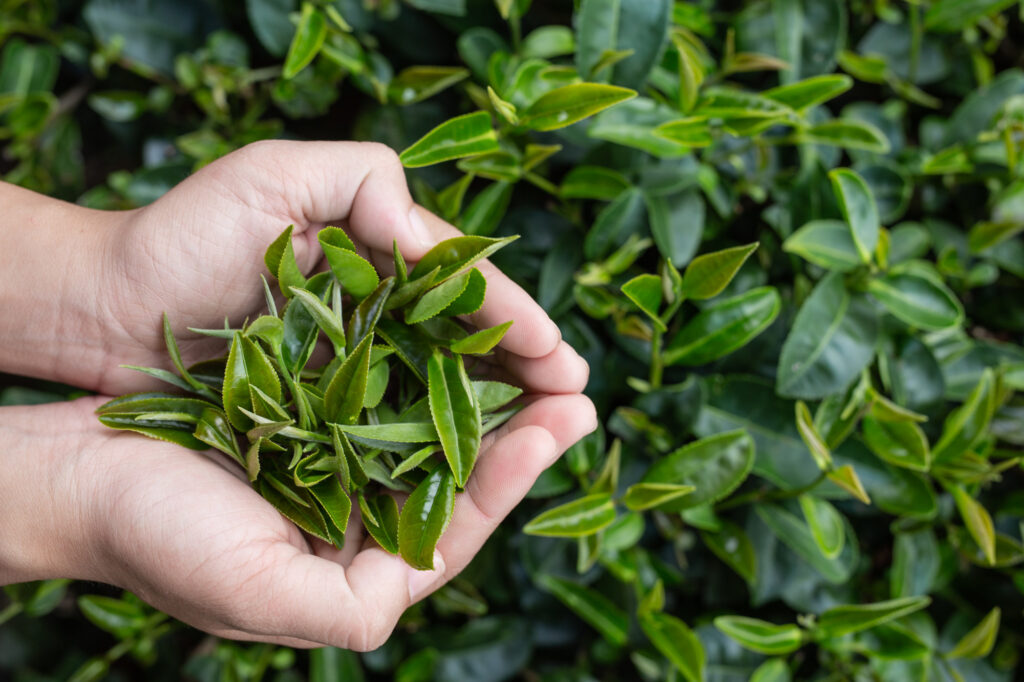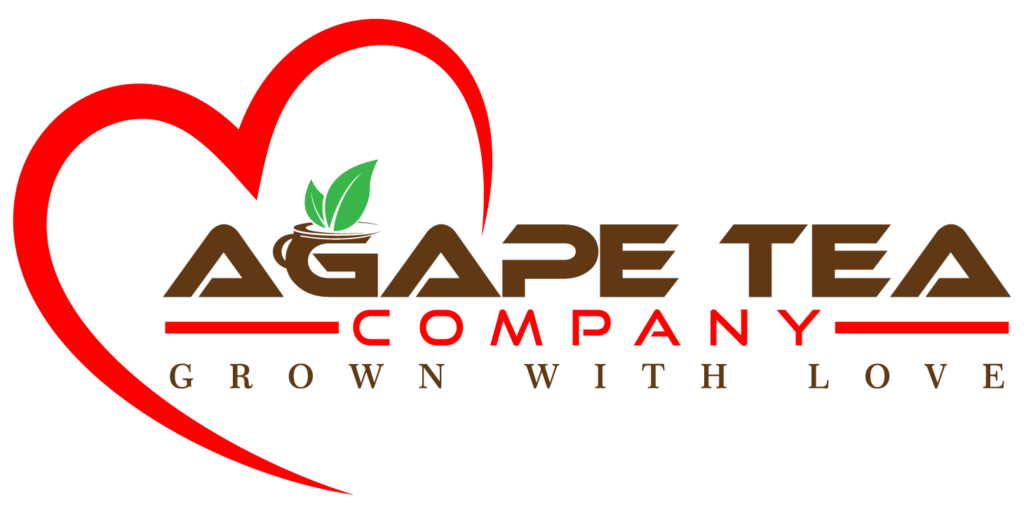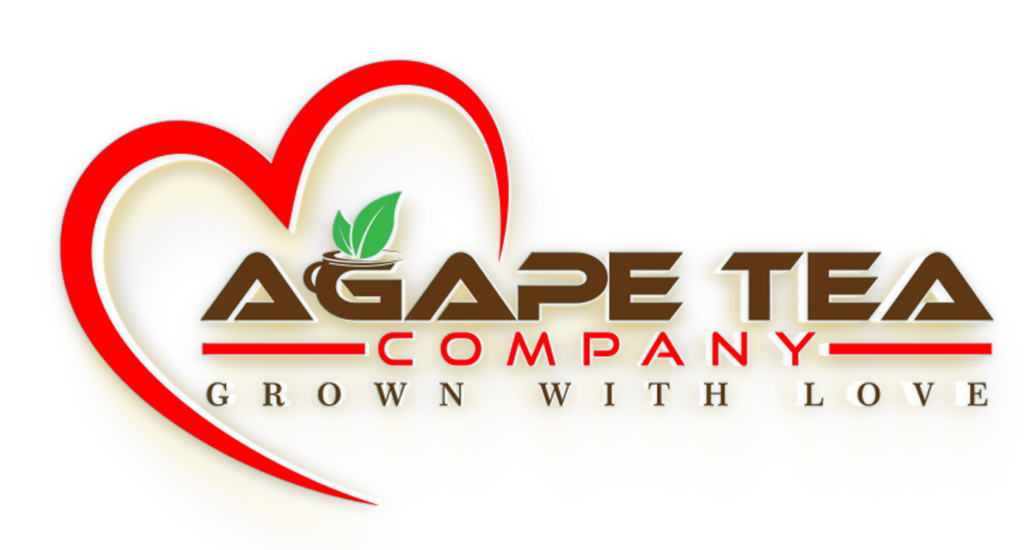Certification Process for Organic Tea Gardens of Smallholder Farmers: Establishing and Managing the Internal Control System (ICS)
1. Formation of Small Tea Farmers Group: Interested farmers form a group to opt for organic agriculture and seek organic certification. The group establishes an ICS to manage the certification process collectively.
2. Risk Assessment: The ICS conducts an initial risk assessment to identify critical aspects to be addressed during the certification process. Farmers’ commitment to organic practices is also confirmed during this stage.
3. Training: Both ICS personnel (internal inspectors, field coordinators, etc.) and farmers receive training on organic farming practices, internal standards, documentation requirements, and compliance measures.
4. Registration and Contracting: Farmers interested in joining the project are registered and contracted, confirming their understanding of organic standards and requirements. Those in conversion from conventional farming are monitored for a specific period.
5. Internal Inspections: Internal inspectors visit farmers’ fields at least once a year to verify compliance with organic standards. They check cultivation practices, inputs, seed quality, pest control, and record quantities produced.
6. Approval Committee: An Approval Committee, which includes the Project Manager and other relevant stakeholders, reviews the inspection reports and determines the approval and sanctions for each farmer based on compliance.
7. Monitoring & Evaluation: Farmers and ICS personnel are continuously monitored and evaluated to ensure adherence to organic standards and proper documentation.
8. Buying, Handling, Processing, Export: The ICS organizes farmers’ produce as a single entity in the market. Strict separation is maintained between organic, conversion, and conventional produce. All transactions are properly documented.
9. Transport: Precautions are taken during transportation to maintain the integrity and quality of organic produce, such as using dedicated vehicles that have not been previously used for synthetic pesticides or fertilizers.
10. Updating the ICS Manual: The ICS manual is periodically updated based on changes in crops, certification standards, or other requirements. Approval from the management of the certifying agency is obtained for these changes.
11. Final Certification: After successful implementation of the ICS and compliance with organic standards, the certifying agency conducts an external inspection to verify that the tea gardens meet the necessary criteria for organic certification. By following these steps and maintaining proper documentation, tea gardens of smallholder farmers can achieve organic certification, which allows them to command premium prices in the market and ensures the quality of their organic produce.
Minimum Time Period Of Conversion From Conventional To Organic Farming
The minimum time period of conversion from conventional to organic farming varies depending on the organic certification standards and regulations in different countries or certification bodies. Generally, the conversion period is set to allow sufficient time for the elimination of synthetic chemicals and the restoration of the soil and ecosystem to organic practices. During the conversion period, farmers must follow organic practices without using prohibited synthetic chemicals or genetically modified organisms.
In many organic certification programs, the minimum conversion period is typically set to three years. This means that farmers must maintain organic practices for at least three years before their produce can be certified as fully organic. During this period, the land is transitioning from conventional to organic, and the use of synthetic pesticides, chemical fertilizers, and other prohibited inputs is phased out.
It’s essential to check the specific organic certification standards and regulations applicable in your region or the certification body you are seeking certification from, as the conversion period may vary. Some certification programs may have shorter or longer conversion periods based on specific criteria or exceptional circumstances. Additionally, some certification programs may have different conversion requirements for different crops or agricultural practices.



